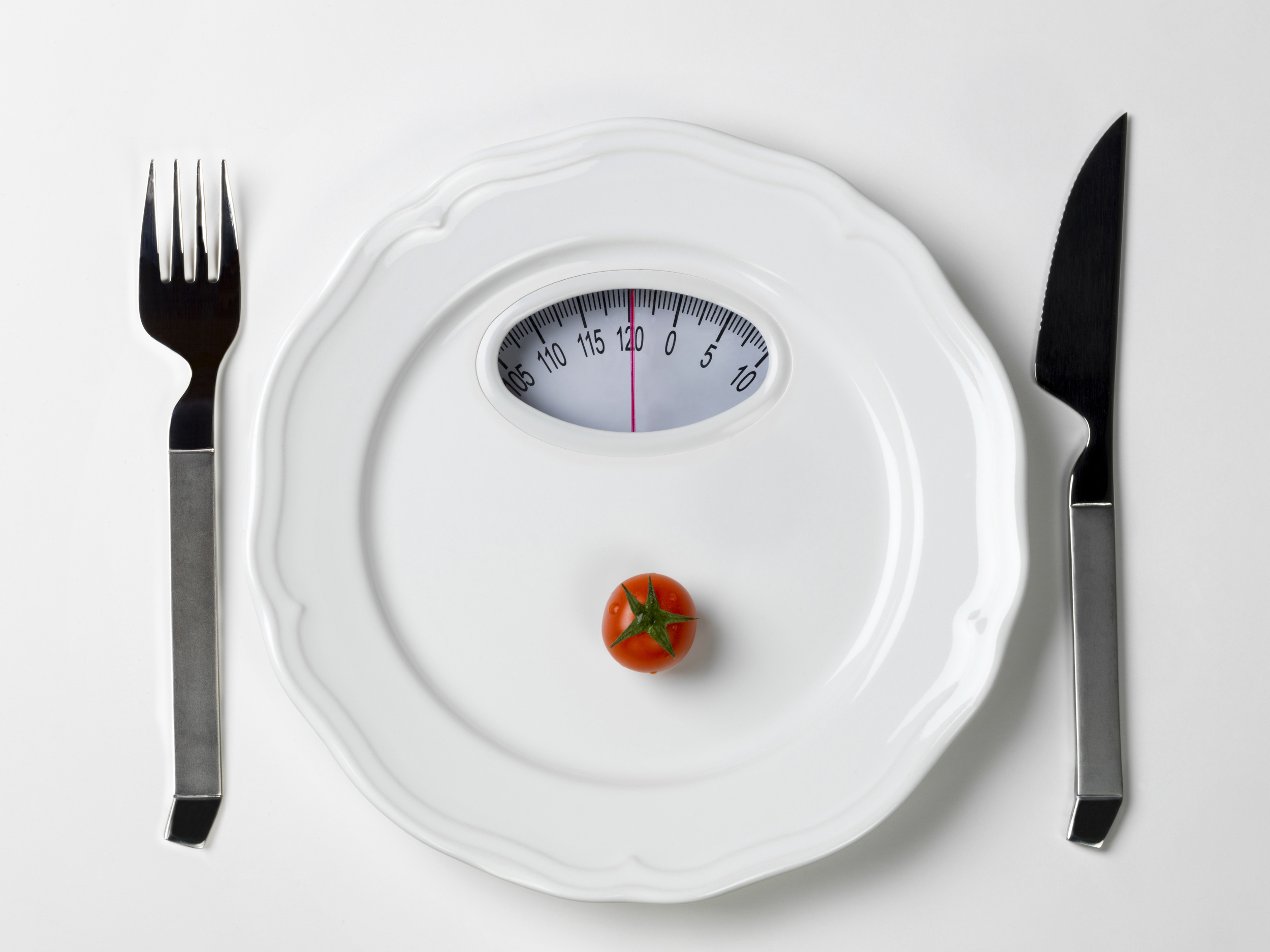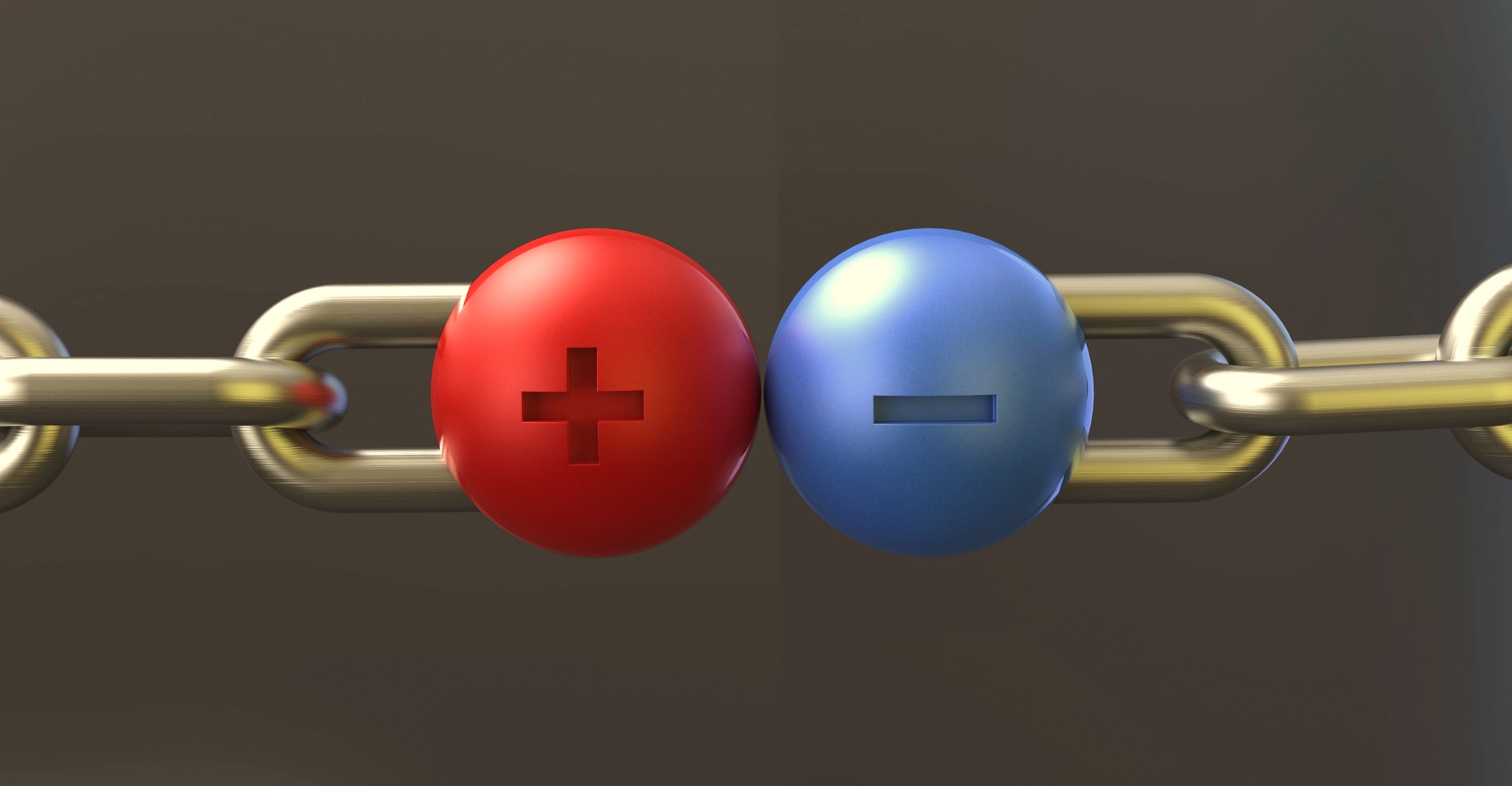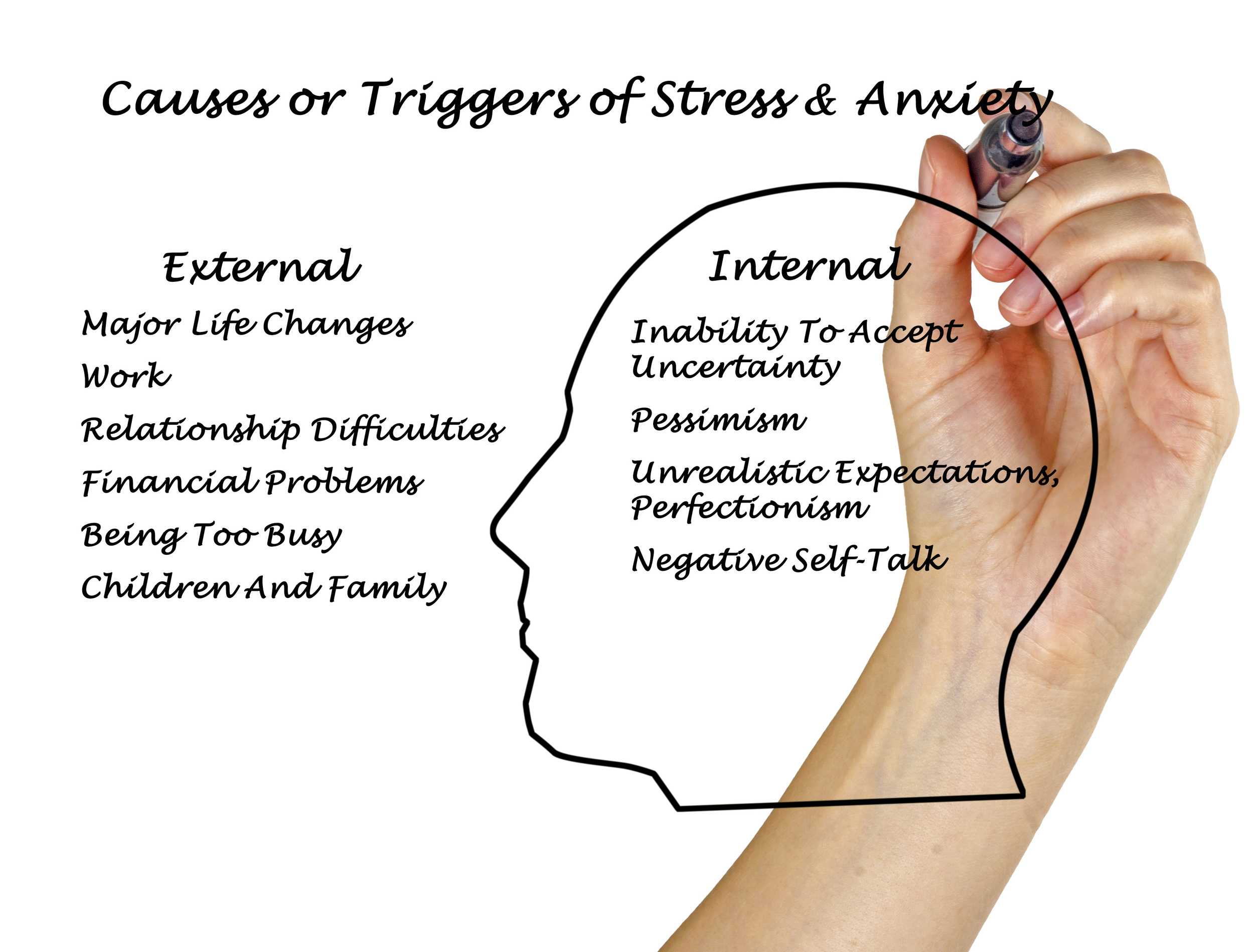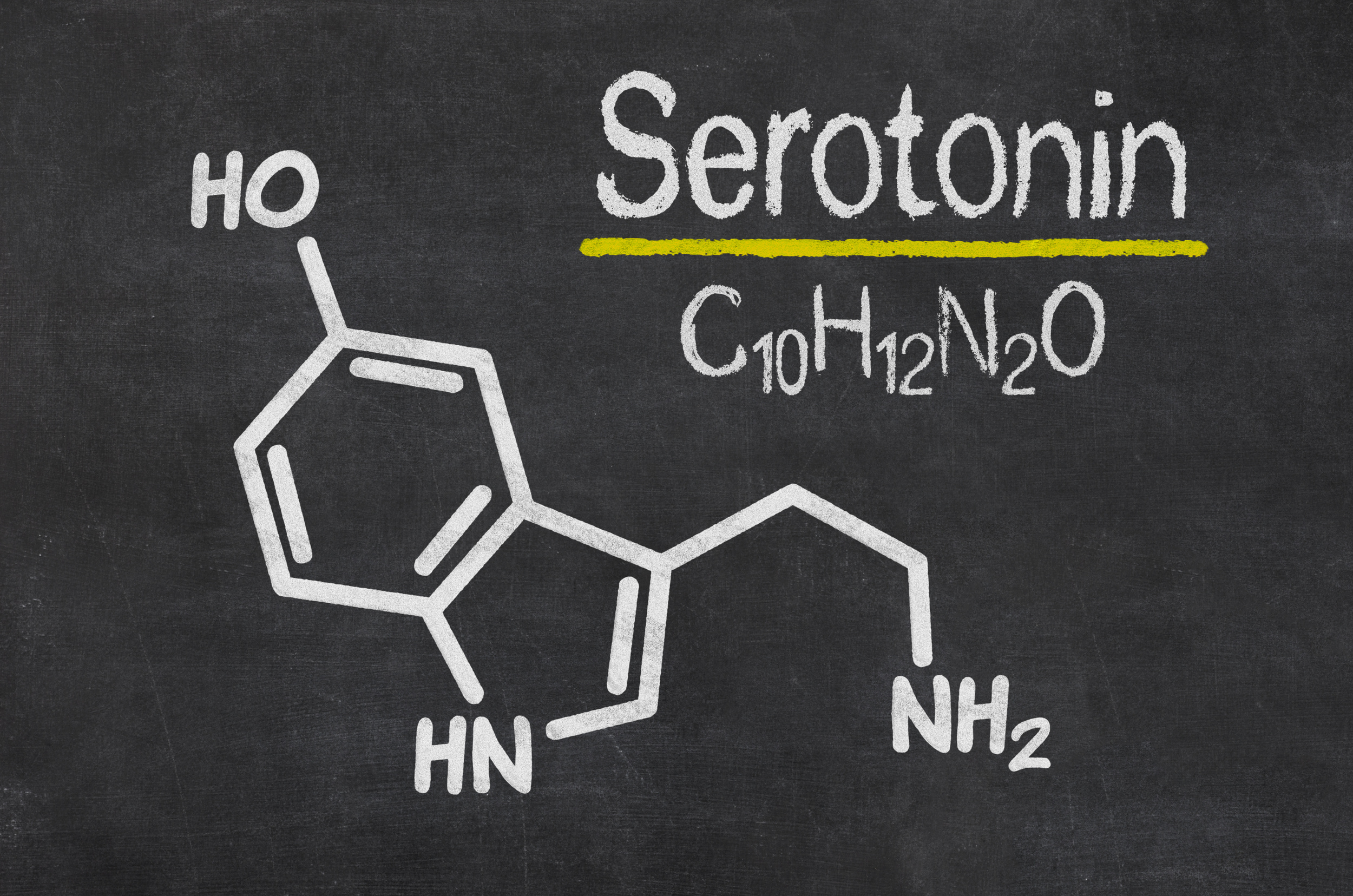I think that we can all agree that in today's society, we have never been more overweight, sick, and unsatisfied than we've ever been. We have never had the technology that we currently have, we've never had the recourses that we have, and we over consume food day in and day out. So if we have everything we could possibly need and more, why are we as humans so insatiable? When it comes to our priorities, we are a mess. We place money, fame, and ego at the forefront, and everything else that truly makes up who we are on the back burner. I noticed this while I was walking in the mall the other day. Now I have to admit, I am really into fashion and absolutely love getting new clothes, but I find my insatiability for clothing comes the more I set my first and most important priority on looking good or seeking outward approval.
While looking at Summer 2015 fashion, I noticed that Fall 2015 fashion is already coming out. In fact, they were having "sneak peaks" at Fall 2015 in May! Now I know that in the fashion industry, you have to be "fashion forward", but it's getting ridiculous. While I appreciate Fall fashion as much as the next girl, I also appreciate enjoying the summer as well and not rushing though it. So as I'm trying to enjoy and relax in my Summer attire, I'm being bombarded by consumerism saying that "I need the next best up and coming wardrobe"...for a season that's 4 months away?? This is what I call insatiableness. We are never satisfied with what we have and we are always looking for the next best thing. We are rushing forward and forever living in the future (or the past), but never being here, being in the now. How did we get here?
I guess you could blame a lot on the media, and sure, the media plays a key role, but I believe it's our priorities. The trouble we face when we simply blame the media, is that we take zero responsibility for our own actions and behaviours and pin the accountability on someone or something else. The truth is that no one can make you feel or do anything, you consciously or subconsciously make the choice to allow or permit others to make you feel a certain way or do certain things.
The outcome of insatiability can come in many different circumstances and vary according to behaviour and mindset. Someone who puts their first priority on outward approval may chronically over exercise and in turn will become insatiable with that particular action. They are never strong enough, fast enough, thin enough, etc. Their diets reflect their insatiability by displaying extremity and an eternal dissatisfaction. They can never find the "right diet" and will be forever searching of new ways to cleanse and rid their bodies of toxins they believe they have all in efforts to achieve the "perfect body" and gain the worlds approval.
We all want people to like us or "approve of us" to some extent or another, but when we place our first priority on it, we become insatiable. Money can be the same, when our first priority is money we predictably become insatiable for it. We never have enough, we always need more. What we place our priorities on will become either building blocks for our success or something that will tear down our inner peace and joy for life.
One thing that I find interesting is that when I am done writing a blog, helping a client, or having a deep and meaningful conversation with someone, I don't feel or leave "hungry". In fact, I leave full. Full of life, full of energy, full of compassion, and ready to take on the world. I feel satiated. How can that be? Because my focus is not on me. When we focus on Me, we live in our ego, and our ego is insatiable. When we focus on others, we live in our spirit instead.
At the end of the day you have to ask yourself what your priorities really are. You have to ask yourself and look deep down inside in the areas you feel insatiable. Are you forever unhappy with your body, with your marriage, with your diet, with your job? If you answered yes, then the problem is not what you're unhappy with, the problem is that your priorities are solely on you.
If you are unhappy, you've made your entire world about you. It revolves around you, the sun rises and sets on you, and you put yourself before anyone else. You blame your unhappiness on what others do or think and you make everything about you. It's time to grow up and see the world for what it is. If you are insatiable in any area, you've missed the mark.
What areas are you insatiable in?
What are your top 3 priorities in life?
Do they contribute or detract from your insatiability?
Our focus needs to be greater than just put own needs being met. We have relationships and community for a purpose, and it's a purpose that's greater than just you. You play a role in society but you aren't the be all and end all of it.
















